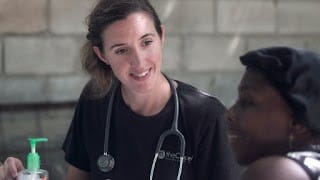Beyond Words: Understanding The Role Of Speech Disorders In Academic Success

Speech disorders are often hidden challenges that can greatly influence a child’s ability to succeed in school. These conditions affect more than communication—they touch on how children learn, form friendships, and develop self-confidence. By recognizing how speech disorders shape a student’s experience, parents and educators can take steps to provide the right kind of support.
Language and speech form the backbone of learning. For children with speech challenges, even simple classroom activities can feel daunting. Difficulty pronouncing words can limit participation in discussions or answering questions. Over time, this hesitation can lead others to underestimate their abilities. In addition to speaking difficulties, some children struggle with processing and understanding language, which is vital for reading comprehension and writing. Without targeted help, these struggles can become more pronounced as schoolwork becomes more complex.
Social development can also be affected. Communication is central to building relationships, and children with speech disorders may have trouble connecting with classmates. They might feel excluded during group work or informal conversations. Over time, these experiences can lead to feelings of isolation and a drop in self-esteem. The fear of being misunderstood or teased can make classrooms feel intimidating, which may discourage active participation.
Speech disorders can also take a toll on emotional health. Frustration often comes with difficulty expressing oneself, and that frustration can show up as withdrawal or behavior problems. Anxiety about speaking in front of others can make it harder to focus on learning. Over time, these emotional challenges can feed into academic struggles, creating a cycle that is difficult to break without help.
The good news is that early intervention can make a lasting difference. Speech therapy can strengthen articulation, fluency, and comprehension skills, helping children communicate more effectively. These gains support academic achievement and improve confidence in social settings. Parents and teachers can work together on strategies tailored to each child, such as Individualized Education Programs (IEPs), to make sure they get the resources they need.
Schools can further support these students by training teachers to recognize speech difficulties early and by offering tools and accommodations that help students participate fully. A classroom where children feel safe, supported, and understood can help remove many of the barriers speech disorders create.
Every child should have the chance to express themselves, connect with others, and succeed academically. With consistent support and an inclusive environment, students with speech disorders can overcome communication challenges and reach their full potential. For more on this, continue reading the accompanying resource from Huddle Up, a provider of both in-person and virtual care including IEP for mental health.




